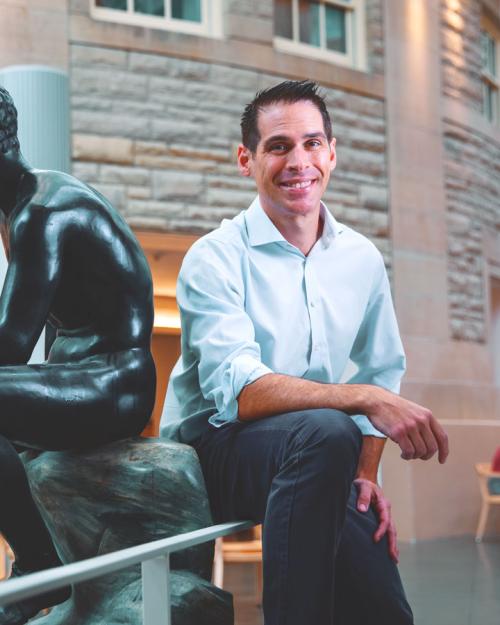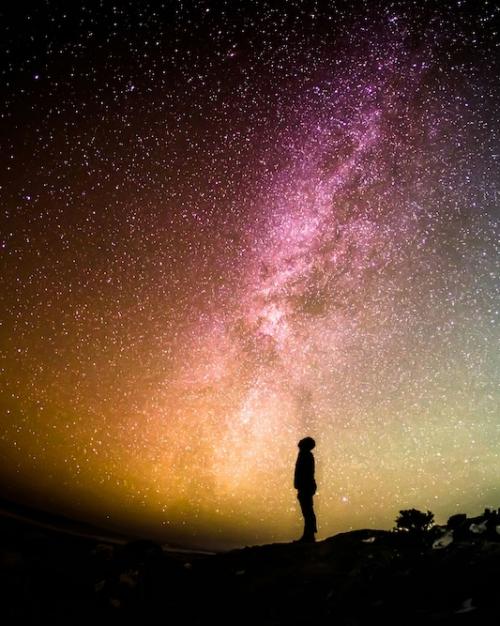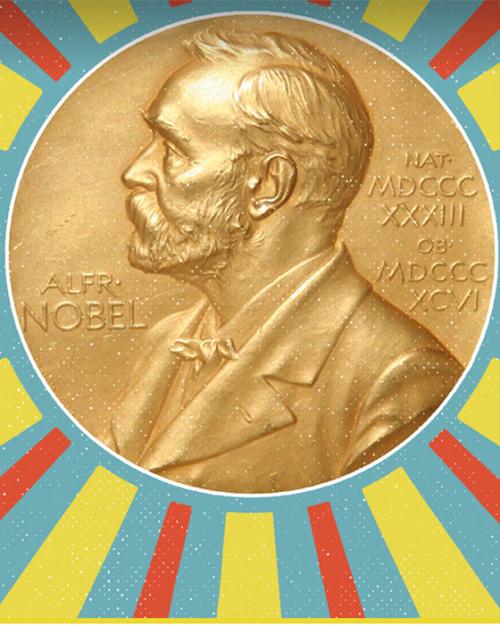For their extraordinary contributions to human knowledge, 50 people associated with Cornell have won the Nobel Prize over the years—an august roster that includes alumni, former faculty, and several current professors. The Big Red laureates have primarily won in the categories of physics, chemistry, and physiology/medicine, but also in literature and economics; two have been honored with the Peace Prize.
One of those peace Nobelists is an alum—described below—while the other is famed agronomist Norman Borlaug, known as the father of the Green Revolution. Like Borlaug, a number of Cornell-affiliated Nobel laureates have served as A.D. White Professors-at-Large—such as renowned poet Octavio Paz and theoretical physicist Kip Thorne.
On the Cornellians website, read the sampling, in no particular order, of the Cornellian laureates, focusing on alumni and full-time faculty (and including many connected to Arts and Sciences!)




